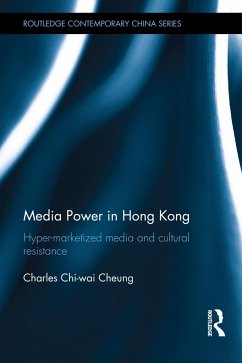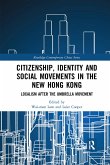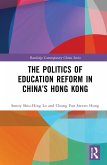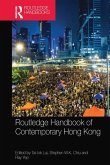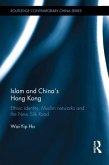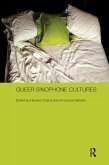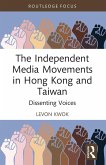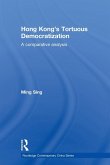Media ownership in Hong Kong, due to Hong Kong's special colonial and post-colonial situation, is strongly concentrated, with Hong Kong's public and independent media much weaker than their 'Western' counterparts. This book explores the impact of this on how events and phenonema are portrayed by the Hong Kong media. It considers production, text and reception of media content, showing how, in detail, media content is shaped and distorted by Hong Kong's media ownership structure. It includes a detailed examination of the media's stigmatisation of youth, a group without power in Hong Kong, unable to put forward its own voice in the media. The book makes comparisons with the situation in western countries, arguing that the limitations of a marketised media system as demonstrated by the example of Hong Kong are generally applicable.
Studies of Hong Kong media primarily examine whether China will crush Hong Kong's media freedom. This book however traces the root problem of Hong Kong media back to the colonial era, demonstrating that before the resumption of Chinese sovereignty there already existed a uniquely Hong Kong brand of hyper-marketized and oligopolistic media system. The system, encouraged by the British colonial government, was subsequently aggravated by the Chinese government. This peculiar system is highly susceptible to state intervention and structurally disadvantaged dissent and marginal groups before and after 1997.
Hinweis: Dieser Artikel kann nur an eine deutsche Lieferadresse ausgeliefert werden.
Studies of Hong Kong media primarily examine whether China will crush Hong Kong's media freedom. This book however traces the root problem of Hong Kong media back to the colonial era, demonstrating that before the resumption of Chinese sovereignty there already existed a uniquely Hong Kong brand of hyper-marketized and oligopolistic media system. The system, encouraged by the British colonial government, was subsequently aggravated by the Chinese government. This peculiar system is highly susceptible to state intervention and structurally disadvantaged dissent and marginal groups before and after 1997.
Hinweis: Dieser Artikel kann nur an eine deutsche Lieferadresse ausgeliefert werden.

